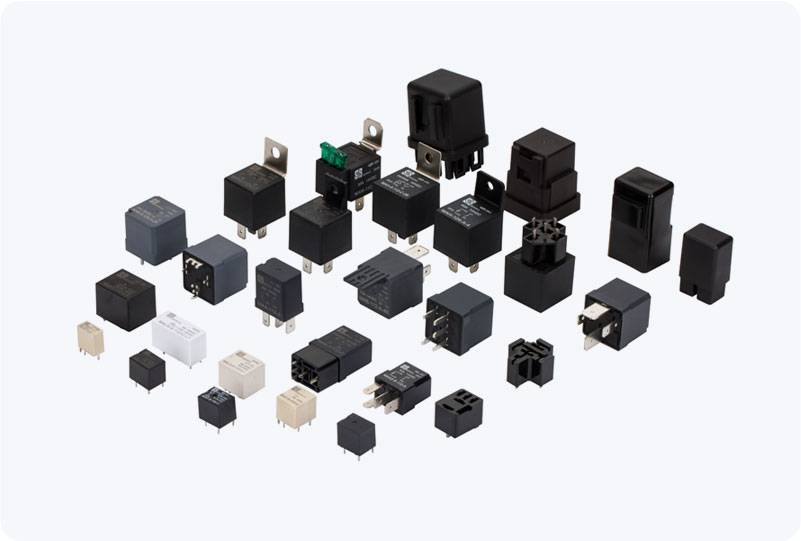industrial power relay for motor control: an essential component in industrial automation
Release time:2025-05-05 06:48:25
In industrial automation, the control of electric motors plays a significant role in nearly every manufacturing process. From production lines to robotic arms, motors are the backbone of many industrial applications. One critical component in the motor control system is the industrial power relay. This essential device acts as a bridge between the control system and the electric motor, enabling efficient operation, protection, and safety.

What is an Industrial Power Relay?
An industrial power relay is an electrical switching device that controls the flow of electrical current to an electric motor. It functions as an intermediary between the low-power control circuit, typically managed by a programmable logic controller (PLC) or a contactor, and the high-power motor circuit. The primary role of the power relay is to provide a safe and reliable method to switch motors on and off, ensuring that the motor operates only when necessary.
The Importance of Power Relays in Motor Control Systems
Efficient Operation: Power relays allow for efficient motor control by handling high-voltage or high-current conditions that are unsuitable for direct control by a PLC or microcontroller. By switching power to the motor, the relay ensures the motor receives the required electrical energy for operation without overloading the control system. This prevents damage to sensitive components in the control circuit.


